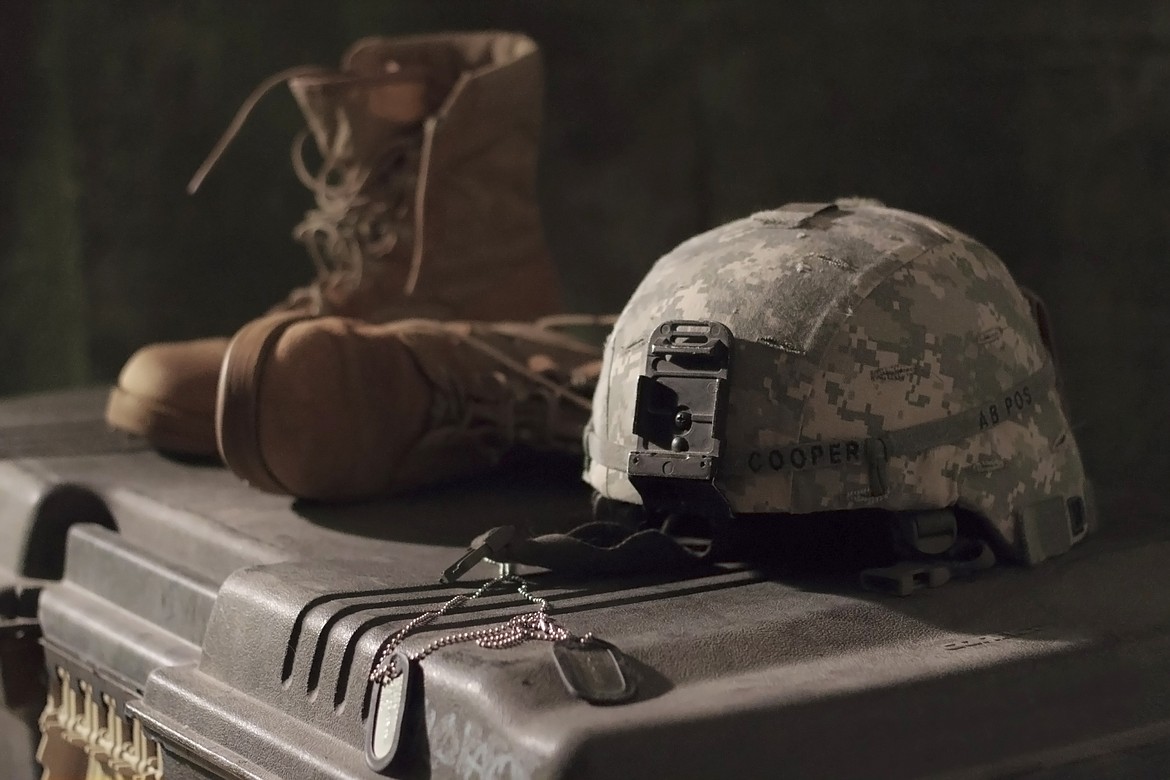Notifications hard on families and soldiers alike
I recently watched a movie on a streaming service. A woman was in charge of the choir and they were rehearsing. Suddenly, two Army officers entered the church looking for her in the spic-and-span uniforms with their medals. "Are you Mrs. Davis?" they asked. At that moment, she knew, they didn't have to say anything. She fell to the floor and was sobbing terribly, when the one officer, a captain, like I was, said "The President of the United States regrets to inform you that your husband was killed in action by enemy forces … and so on.
They asked if she needed anything, she said, no and they left.
For information, in World War II and the beginning of the Vietnam War, the government sent Western Union telegraphs. But naturally, the military thought that hard and cold. So they started sending officers out to do the notification of next of kin. When I got back from Vietnam in 1966 and was stationed at Ft. Lawton in Seattle, I was put on that duty. But it was just me alone — now they do pairs.
As I walked up to the door, the wife had a letter in her outgoing mail box addressed to him. That shook me up, before I even knocked on the door. In my case, the soldier wasn't declared dead, so I had to tell her that he was missing in action. But from my experience, I knew he was dead, just delayed, because two others in the unit had to identify the body and sometimes causes delays, especially if the body was blown up. It was just like in the movie, when she opened the door and saw me standing there, she completely fell apart. I gave my spiel, only it wasn't the "President," it was something like the Army regrets to inform you that your husband, Private So-and-So, is missing in action and that we should know more in a few days.
I then was authorized to ask her if she wanted me to go get her neighbor, she said no. And then, anything else I can do for you? She said no, and I left, the whole thing only took less than three minutes. Then sure enough, two or three days later, the news came that he had been killed in action. So back I had to go.
This time, when she opened the door, I could see half-dozen people there, probably friends and family. Before, I could say a word, I could see in her eyes that she was praying that I had good news and that he was OK, but it appears she was prepared for the worst.
Then I said, "The President of the Untied States regrets to inform you that … was killed in action on such and such a date by enemy forces. Again she broke, down. Nothing more I could do, so I left."
Then I told my boss the colonel, that we processed a lot of dead bodies in Vietnam, but I this was very tough on me, especially since I had seen so many of our 1st Infantry Division soldiers laying dead on the ground. A few times like 30-35 at a time. I looked at them and say, how sad, these soldiers are dead, and their families back home are going about their every day routines, but that would change in a couple of days. The colonel granted my request and I was relieved of those duties.
This was just a true story. No one reading this can comprehend all of this unless they have been through it. For me, I got both ends.
Roger Gregory served as a captain in the 1st Infantry Division in Vietnam. He is a native of Sandpoint. He is now a business owner in Priest River.

